Demystifying the EUSR Blue Card Journey
UNDERSTAND EVERY STEP, FROM ENROLMENT TO CERTIFICATION. Our 100% online National Water Hygiene (Blue Card) course equips you to safeguard the UK’s water supply—whether you drive tankers, maintain treatment plants or manage site water networks. With interactive modules, real-world scenarios and an instant digital Blue Card, you’ll gain the expertise and credentials that employers and regulators demand.
GET FREE UNLIMITED MOCK TESTS for your water hygiene knowledge checks at our TEST HUB—practice as often as you like at no cost and reinforce your understanding of regulations and microbiology before the final assessment.
Course Structure: How It’s Delivered
The National Water Hygiene course is built for busy professionals. All learning is online and self-paced, letting you log in 24/7 from any device. You will:
- Receive immediate access upon enrolment.
- Work through four core modules with video, text and interactive tasks.
- Complete each module’s practical exercises and knowledge checks.
- Sit a 40-question final assessment with an 80% pass requirement.
- Download your EUSR Blue Card certificate instantly on passing.
Typical completion time is 6–8 hours, which you can split over several days to fit around shifts.
Module Deep-Dive: Tasks & Learning Outcomes
Module 1: Water Regulations & Dutyholder Responsibilities
Objective: Grasp the legal framework that governs water quality and hygiene in the UK.
Tasks include:
You’ll review the Water Supply (Water Quality) Regulations 2016 via a narrated presentation, then complete a scenario-based exercise: identify legal dutyholders for a simulated works project, assign roles and draft a simple compliance checklist. This teaches you to apply regulations—rather than just recall them.
Module 2: Microbiology & Health Risks
Objective: Understand how organisms such as Legionella, E. coli and Cryptosporidium pose threats to public health.
Tasks include:
Interactive “pathogen builder” activity, where you match temperature ranges, stagnation factors and biofilm formation to specific bacteria. You then read a case study on the 2017 South Wales outbreak and prepare a brief analysis of causative failures. This develops your ability to anticipate risk points on site.
Module 3: Cleaning & Disinfection Protocols
Objective: Master practical procedures to clean tanks, bowsers and pipework to prevent contamination.
Tasks include:
Step through a virtual tank-cleaning simulator: select pumps, brushes and chemicals; schedule each stage (pre-flush, chemical dosage, post-flush); then generate a compliance log. You’ll also draft a method statement covering PPE, waste disposal and verification sampling—mirroring real-world documentation requirements.
Module 4: Distribution, Transfers & Temporary Supplies
Objective: Ensure safe handling of water transfers, temporary installations and joint integrity.
Tasks include:
You analyse a site drawing to identify potential cross-connections or backflow hazards, then propose and map out a one-way transfer scheme using exclusion zones and colour-coded pipe markers. This module culminates in a “live” decision-making exercise where you adjust your plan to accommodate last-minute changes in vehicle access.
Assessment & Certification Process
Once you’ve completed all modules and passed the module quizzes, you move to the final assessment:
- Format: 40 multiple-choice questions, drawn from real-world scenarios.
- Time allowed: 45 minutes.
- Pass mark: 80% (32 correct answers).
- Retakes: Up to three attempts within six months at no extra cost.
On passing, you’ll receive:
- An instant digital EUSR Blue Card, valid for three years.
- A printable certificate of competence.
- A shareable digital badge for email signatures and LinkedIn profiles.
Real-World Impact: Applying Your Blue Card
Holding the EUSR Blue Card doesn’t just check a compliance box—it transforms your role on site:
- Tanker Drivers follow strict cleaning logs, preventing cross-contamination at every delivery.
- Site Operators implement daily hygiene checks on temporary water supplies, avoiding costly shutdowns.
- Maintenance Engineers carry out disinfection procedures confidently, reducing the risk of legionellosis outbreaks.
Employers value Blue Card holders for their ability to manage water hygiene, minimise risk and protect public health—often at a premium rate.
Study Tips for Success
To make the most of your training:
- Flag the “Test Hub” early and run through unlimited mock-test scenarios to solidify your knowledge.
- Allocate short daily study blocks—30–60 minutes—over one week.
- Take detailed notes on case studies and regulatory tasks; these often reappear in assessments.
- Join our online discussion forum to share insights and clarify doubts with peers.
ENROL IN THE EUSR BLUE CARD COURSE NOW AND MASTER WATER HYGIENE COMPETENCE
START MY BLUE CARD TRAINING NEED A CSCS CARD?


 Student Login
Student Login Julie Gent
Julie Gent